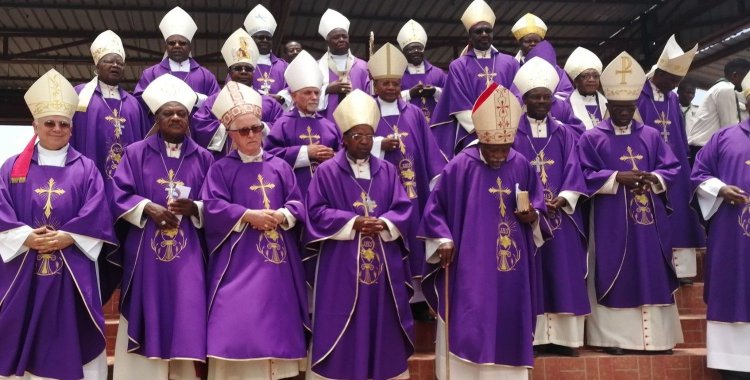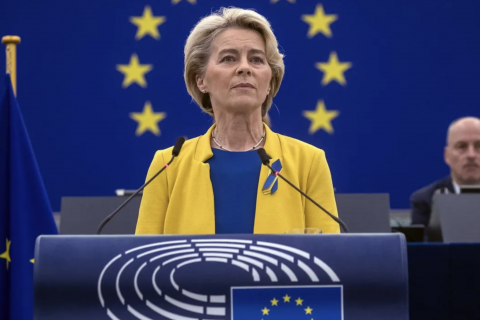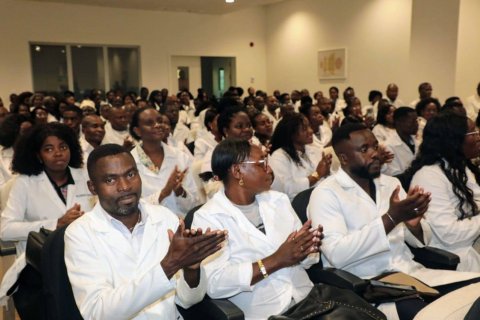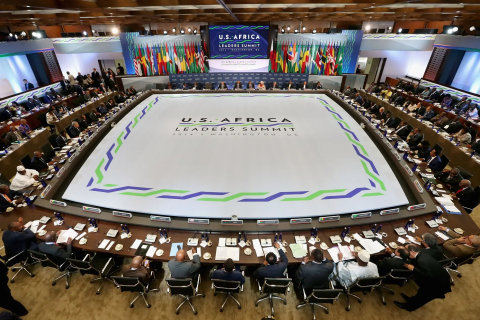With activities to celebrate the 50th anniversary of national independence, which will be celebrated on 11 November 2025, already underway, the bishops encouraged the authorities and all politicians to make these festivities “a true jubilee” that prioritises “the values of freedom, peace, national reconciliation, forgiveness, mercy and a more positive and honest outlook on the future, avoiding hate speech and reopening the wounds of the past”, according to the spokesperson for the Episcopal Conference of Angola and São Tomé (CEAST), Belmiro Chissengueti.
Governors and politicians must help the new generations to have a “tolerant, pluralistic and democratic mentality” without resentment “of that tortuous past”, said the religious.
Belmiro Chissengueti, who was presenting the resolutions of the 1st Annual Plenary Assembly of the Bishops of CEAST, which ended this Friday in Luanda, at a press conference, argued that the celebrations Angola's independence must be a “celebration of all, with all and for all”.
“Let it be a celebration of all Angolans and in reading this all we must have the greatness of what a jubilee is, and we need a step towards national reconciliation and not reopening the wounds of the past”, he reaffirmed, in response to journalists.
The plenary approved the draft of the Pastoral Message for the Celebration of Angola's 50th Anniversary of Independence, the content of which will only be released next July.
The episcopal college, meeting in plenary session between 24 and 28 February, recommended that the authorities rethink national public competitions in the health and education sectors, creating conditions for the permanence of candidates admitted from the most remote areas of the country.
“We have seen that the State holds national public competitions, candidates apply and are admitted, but the truth is that a large percentage of these candidates admitted to the competitions do not go on to work there, even with signed contracts and salaries”, said the CEAST spokesperson.
In the ecclesiastical chapter, the bishops approved the statute of the episcopal delegate for Education and the strategic plan of the Episcopal Commission for Justice and Peace and defended the need for dioceses to give priority to the doctrinal, human, spiritual and intellectual formation of catechists.
Continuing the process of creating new dioceses to allow for better pastoral proximity and continuing to work on the process of regularizing social security for the clergy, religious and workers in church institutions are also included in the recommendations of the meeting.







